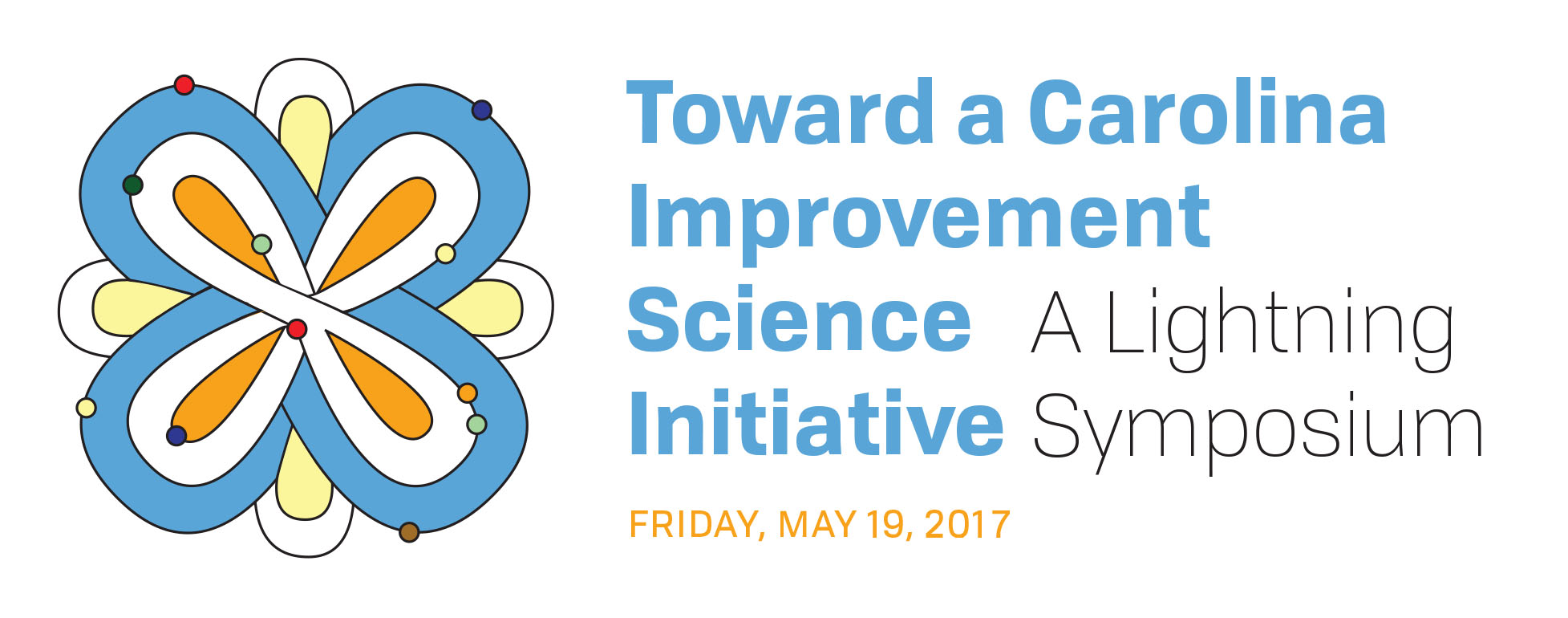Weiming Tang, School of Medicine
Health improvement programs are often designed and implemented by experts. However, improvement programs that incorporate community feedback may be easier to implement and sustain over time. Crowdsourcing, or the process of giving a task to a group instead of an individual expert, can help develop health improvement projects. Crowdsourcing incorporates non-expert, community perspectives into global health campaigns and researches, as it often brings together multiple sectors through contest.1 A crowdsourcing contest usually has four different stages: 1) organizing a community steering committee; 2) engaging community to contribute; 3) evaluating contributions; and 4) recognizing finalists. Crowdsourcing contests have been used to develop health campaigns to promote sexual health, 2, 3 reduce cancer risk, 4-6 and encourage smoking cessation. Our team has conducted 16 crowdsourcing contests to promote HIV testing, condom use, and healthy cites campaigns. In our two RCTs focused on MSM, crowdsourcing improved HIV testing (37% among never testers in three weeks) 2 and condom use (successfully reduced condomless sex by 48% within three months) 3 compared to social marketing approaches. In addition, a crowdsourced intervention was also cost saving. 2 Our qualitative data suggest that crowdsourcing is an effective tool for community engagement, empowering local communities to be more involved in the design, creation, and implementation of a health campaign.
